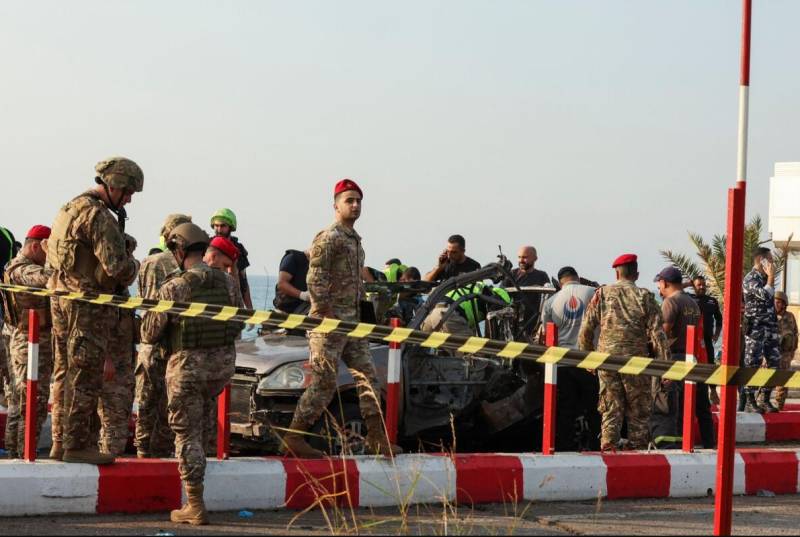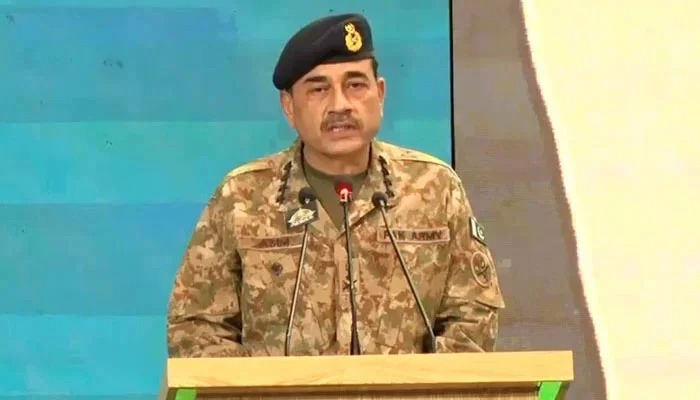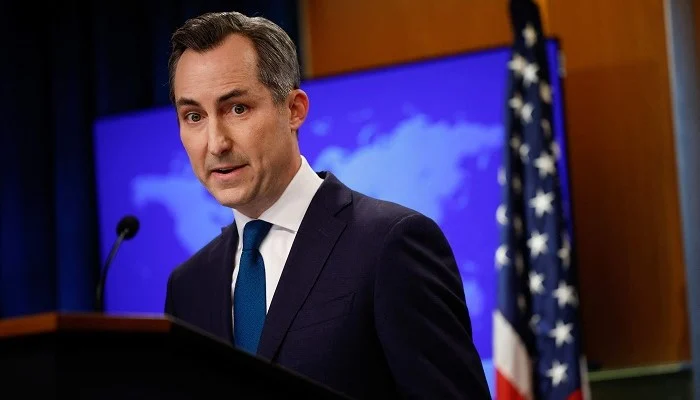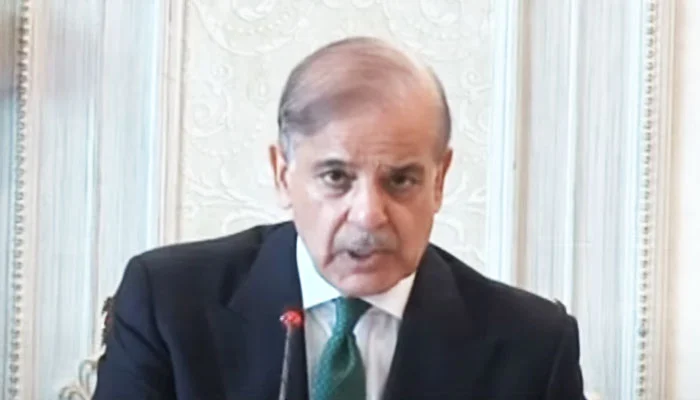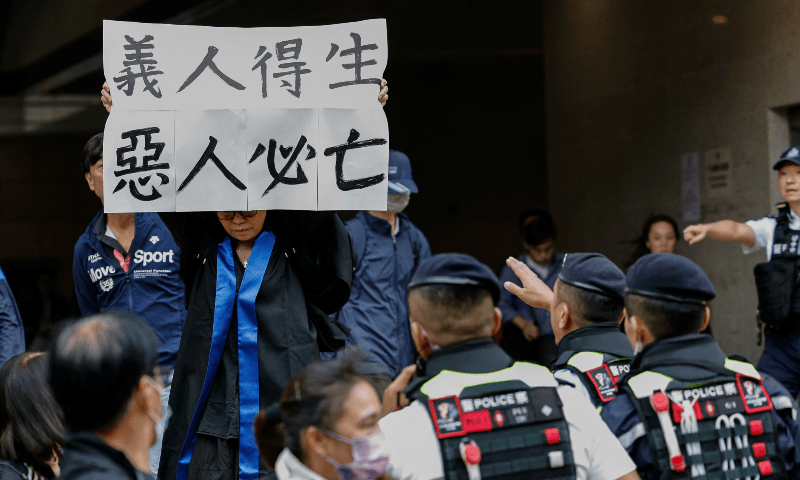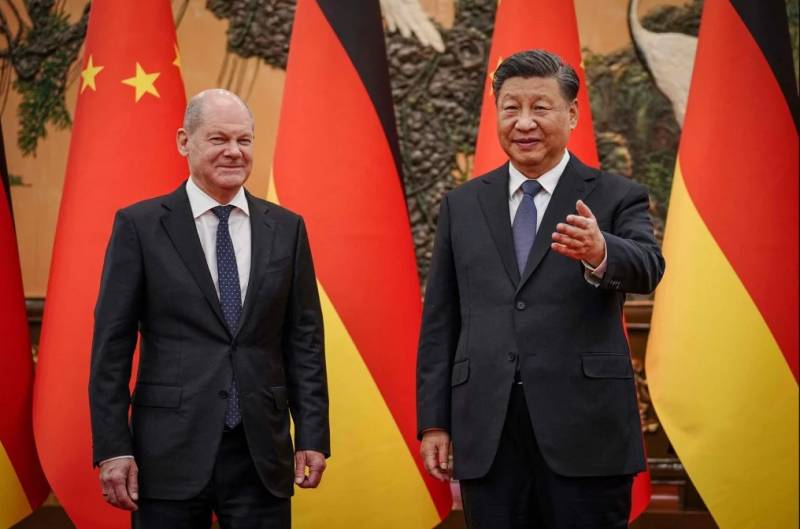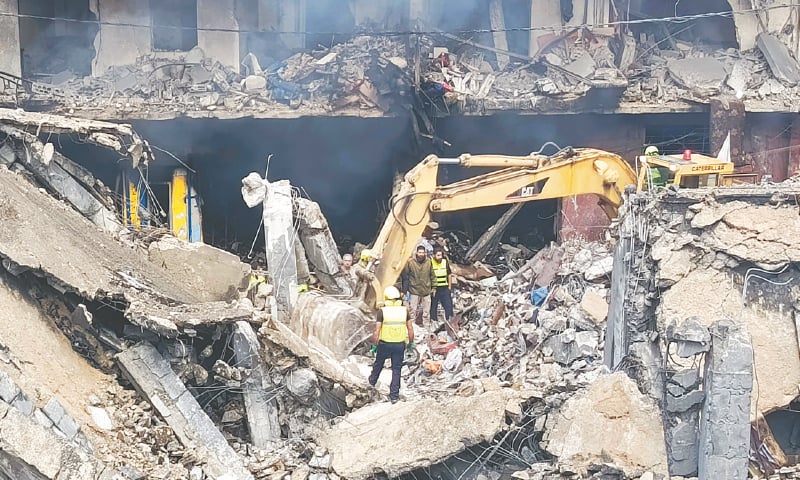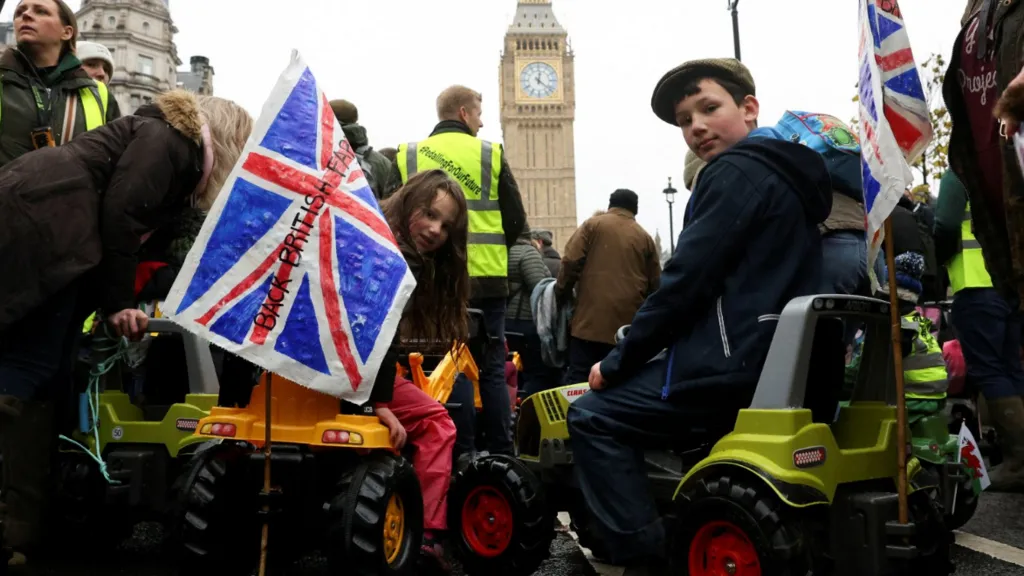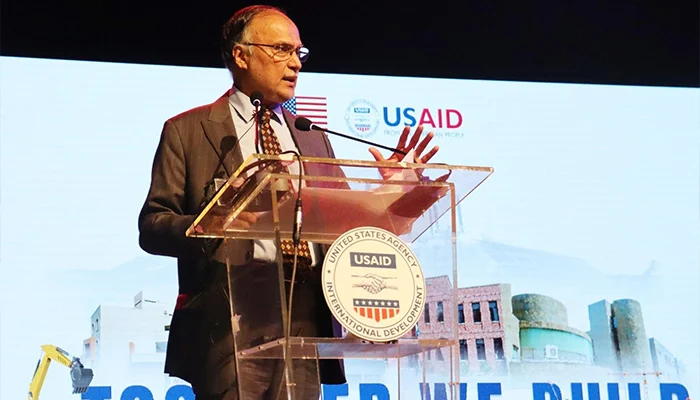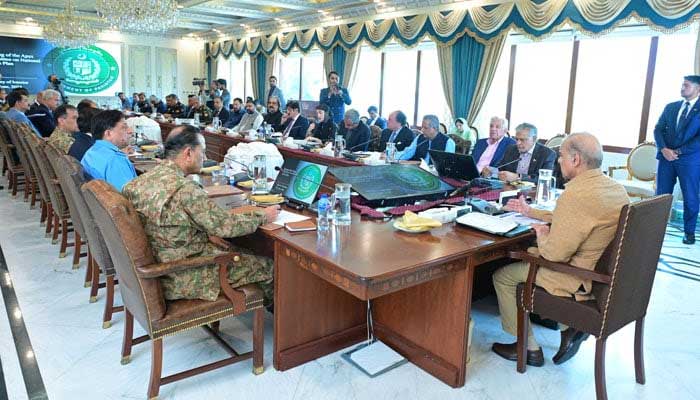Adviser to Khyber Pakhtunkhwa Chief Minister on Information Barrister Mohammad Ali Saif has said that Ali Amin Gandapur will table the Pakistan Tehreek-e-Insaf’s (PTI) demands before the Central Apex Committee set to be chaired by Prime Minister Shehbaz Sharif today.
Speaking on Geo News‘ programme “Aaj Shahzeb Khanzada Kay Sath” on Monday, Barrister Saif confirmed that CM Gandapur will take up PTI’s demands, which are essentially the core of its “do-or-die” November 24 Islamabad protest, in the high-level meeting.
The KP government’s spokesperson’s confirmation comes after Gandapur told The News that the PTI founder Imran Khan and the party were bound to be discussed in a meeting revolving around the law and order situation and the National Action Plan.
The chief minister, while referring to the ongoing tensions between the PTI and the establishment, underscored that the situation was neither in the interest of the party, the country or the institution (army).
Today’s meeting, initially slated for a day earlier, will be chaired by Prime Minister Shehbaz Sharif and will be attended by civilian and military leadership including Chief of Army Staff General Asim Munir, Inter-Services Intelligence (ISI) chief, Military Intelligence DG, Intelligence Bureau DG, all provincial chief ministers, key federal ministers, and others to discuss the security situation in light of surge in terror attacks in the country.
The high-level huddle might arguably also provide an opportunity for the government and the PTI to hold talks in light of heightened political tensions between both sides which have seen the Khan-founder party marching onto Islamabad on multiple occasions in recent months — which resulted in authorities launching a crackdown on the party’s leadership and workers.
According to party leader Waleed Iqbal, there’s a chance that the protest might turn into a sit-in. However, he maintained that the demonstration would be peaceful.
Meanwhile, the former ruling party on Monday ruled out talks with the stakeholders prior to their November 24 protest.
“There is no possibility of negotiations with the government or the establishment before the protest,” said PTI spokesperson Sheikh Waqas Akram.
However, in a contrasting development to Akram’s statement, The News on Tuesday, while citing an informed source, reported that an initial contact has been established between the PTI and an important member of the government to work on a possible breakthrough.
The government’s contact person will take the powers that be into confidence and if things proceed positively the PTI may call off its November 24 protest march in return for some assurances for meeting their demands, said the source.
The reports regarding prospective talks between the two sides follow Defence Minister Khawaja Asif’s remarks wherein he said that the federal government’s offer for dialogues with the Khan-founded party was still on the table.
With Khan’s wife and former first lady Bushra Bibi reportedly playing a key role in mobilising the party for its upcoming protest, the federal government, as per the publication, has started preparations to deploy Rangers and additional Frontier Constabulary (FC) force in Islamabad.
The Islamabad police have sought the services of 5,000 personnel of Rangers and 4,000 FC personnel in the federal capital where Section Section 144 has already been imposed for a period of two months.
Apart from the apparent political significance, the Apex Committee meeting comes amid an increase in terrorist attacks in the country in recent months which have seen scores of civilian and law enforcement agencies (LEAs) personnel being targeted.
Last week, seven Pakistan Army soldiers embraced martyrdom while successfully thwarting a terrorist attack on a security check post in Balochistan’s Kalat district.
At least six terrorists were killed and four others wounded during the intense exchange of fire, said the Inter-Services Public Relations (ISPR).
Before that, over 25 people, including security personnel, were killed and more than 60 were wounded in a suicide attack at Quetta Railway station.
As per a Centre for Research and Security Studies (CRSS) report, the third quarter of 2024 saw a sharp increase in fatalities of terrorist violence and counter-terrorism campaigns, with a 90% surge in violence.
A total of 722 people were killed, including civilians, security personnel, and outlaws, while 615 others were wounded in as many as 328 incidents recorded during the period under review. Nearly 97% of these fatalities occurred in Khyber KP and Balochistan.
The total fatalities from three quarters of this year have now surpassed the total fatalities recorded for the entire 2023.
The number of fatalities rose to at least 1,534 in the first three quarters compared to 1,523 in 2023.


